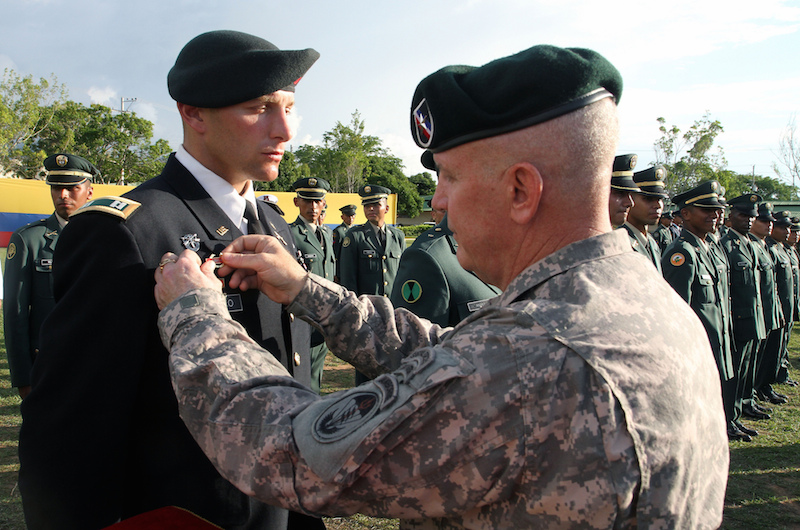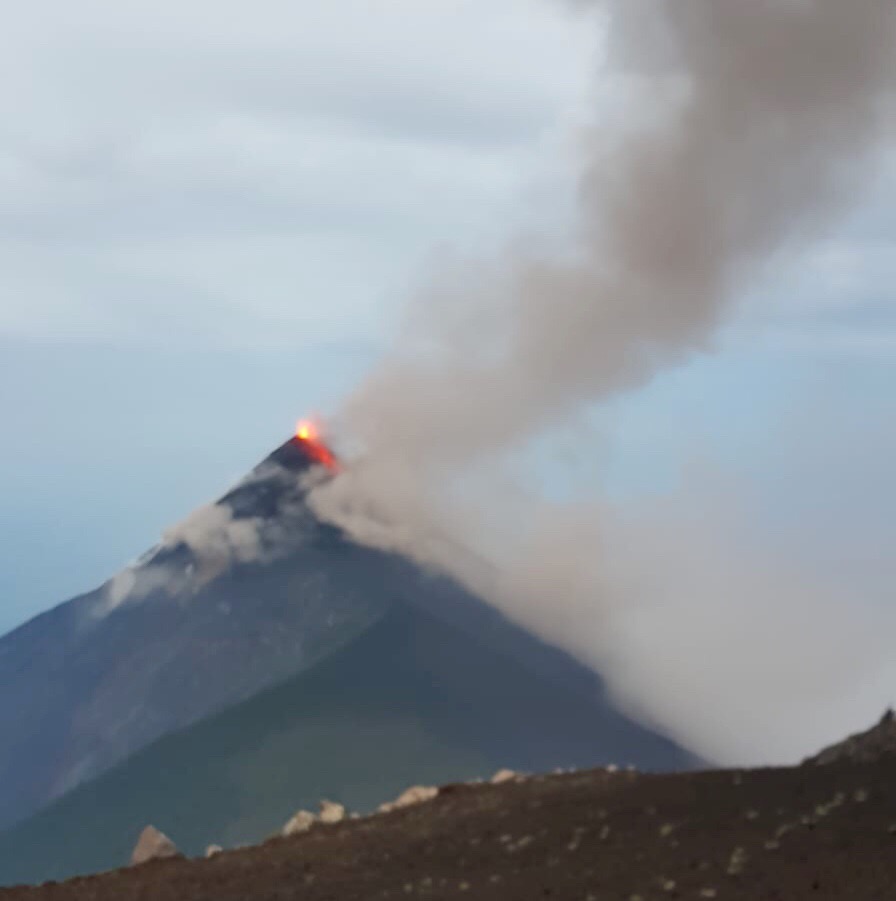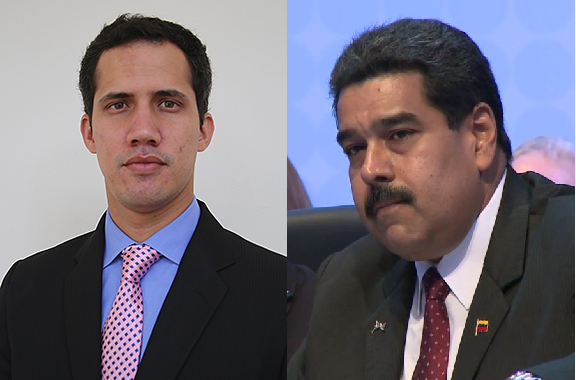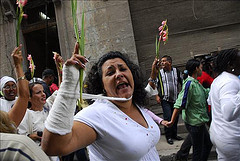
Andes, Blog, Colombia, Latin America: Week in Review
U.S. Army May Investigate Colombia Child Rape Claims
April 6, 2015 By Staff
Top Story — The U.S. Army may investigate accusations of sexual assault against its soldiers and contractors in Colombia, a spokesman said Friday, the military’s first response to claims published by a joint project of Colombia’s government and the guerrillas of the FARC.
Army investigators are working with Colombia’s government to decide whether to launch a formal investigation into any of the claims that at least 54 Colombian girls and women were assaulted by U.S. troops and contractors between 2004 and 2007. A probe into a previous assault claim was inconclusive, although the alleged victim declined to cooperate with investigators, the spokesman told USA Today.
The claims originated from a joint project of the ongoing peace talks between Colombia’s government and the leftist guerrillas of the Revolutionary Armed Forces of Colombia. Historical researchers said in a report that they found evidence that 53 girls were raped by U.S. contractors operating out of Colombia’s Tolemaida military base near the village of Melgar in the central state of Tolima. Their independent report was aimed at addressing the rights of more than 7 million victims of Colombia’s 50-year internal conflict.
In an earlier case, a U.S. soldier and a contractor accused in 2007 of raping a 12-year-old girl were returned to the U.S., where they were not prosecuted, and while the U.S. Embassy in Bogotá said in 2009 that the case could be reopened, charges have not been filed.
The alleged perpetrators may be immune to prosecution in Colombia due to its bilateral agreements with the United States, under which the latter’s military personnel and contractors are permitted to operate.
Headlines from the Western Hemisphere
North America
- Mexico’s state-run oil company Pemex is still searching for three missing workers after an explosion on an oil platform site last Wednesday in the Gulf of Mexico that killed four and injured 45.
- Mexican police say they have arrested Nicolás Trujillo Urieta, a 24-year-old gang leader allegedly responsible for more than 100 kidnappings in the country’s southern Hidalgo state.
- Mexico’s Tlaxcala state is the country’s hub for sex trafficking, according to a recent piece in The Guardian, which takes a look at the region’s history of family-run sexual exploitation rings
Caribbean
- After more than a year out of the public eye, former Cuban president Fidel Castro made a public appearance when he greeted a group of Venezuelans last Monday, though the pictures did not appear in official media until Friday.
Central America
- Drone flights will be banned during next week’s Summit of the Americas in Panama for security reasons, announced Panama’s Civil Aeronautics director Rafael Fonseca Mora.
- The Guardian published a photo essay of Nicaraguan farmers protesting the Chinese-funded interoceanic canalthat is currently being built in the country.
Andes
- A drug operation targeting the Clan Usuga gang conducted by Colombian authorities and the U.S. Drug Enforcement Administration seized 1.5 tons of cocaine bound for North America and Europe, according to Colombian police.
- An attack by unidentified assailants on the Colombian side of the Colombia-Venezuela border has left three police officers dead and a fourth wounded, according to the National Police.
Southern Cone
- Activists in Rio de Janeiro staged several peaceful demonstrations over the weekend to decry the death of Eduardo Ferreira, a 10-year-old allegedly killed by a police officer in a cluster of shantytowns called Complexo do Alemão.
- Classified documents leaked by U.S. whistleblower Edward Snowden reportedly show that the United Kingdom spied on military and political authorities in Argentina between 2006 and 2011, according to a local Argentinian television channel.
- Los Angeles Times reporter Jill Langlois reports on the plight of the families of missing people in São Paulo, Brazil, and the lack of access and information afforded to them about unclaimed bodies in the city morgues.
Image: U.S. Army, CC BY 2.0.





